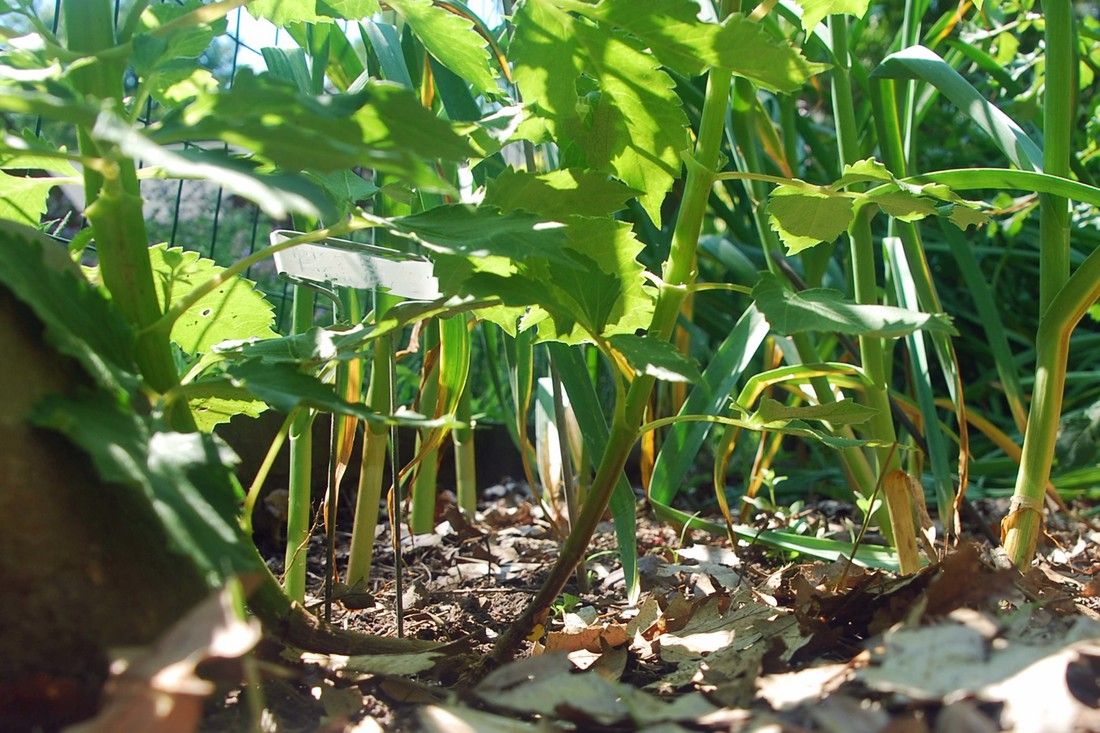|
6 Tips for maintaining healthy soil ecosystem:
For more info on soil testing go to: UW Soil Lab - Lawn & Garden Testing Information
8 Comments
12/4/2020 05:50:00 am
It is a great blog post.I am always read your blog helpful and informative tips. I like it thanks for sharing this information with us
Reply
6/29/2021 02:11:38 pm
Thank you for explaining the best ways to maintain healthy soil. I agree that it is important to keep your soil fed with organic and carbon-rich matter. I would imagine that it would also be smart to invest in a soil conditioner that helps to decrease the acidity and increase its pH levels to boost plant growth.
Reply
7/29/2021 03:05:43 pm
I didn't know that covering soil can help prevent diseases from being spread. My sister would like to start a garden and needs some quality soil. She should learn how to care for whatever soil supplies she decides to purchase.
Reply
8/8/2022 10:08:12 pm
I like how you mentioned that organic matters are the best solution for your soil health. A couple of days ago, my uncle told me that he and his business partner were planning to build a commercial project on their vacant site, and he asked if I had any idea what would be the best option to consider in finding a soil testing service for a productive soil health. Thanks to this informative article, I'll be sure to tell him that it will be much better if they consult a trusted soil testing company as they can provide more information about the service.
Reply
9/21/2022 08:04:50 pm
My mum is an avid gardener. She is trying to figure out how to make her plants appear better. I appreciate your saying that organic matter should be added to the soil. After she locates soil supplies for her crops, I will advise her to nourish the soil with organic matter.
Reply
Leave a Reply. |
|
| North Country MGV | gARDEN bLOGS |
Location |
|

 RSS Feed
RSS Feed